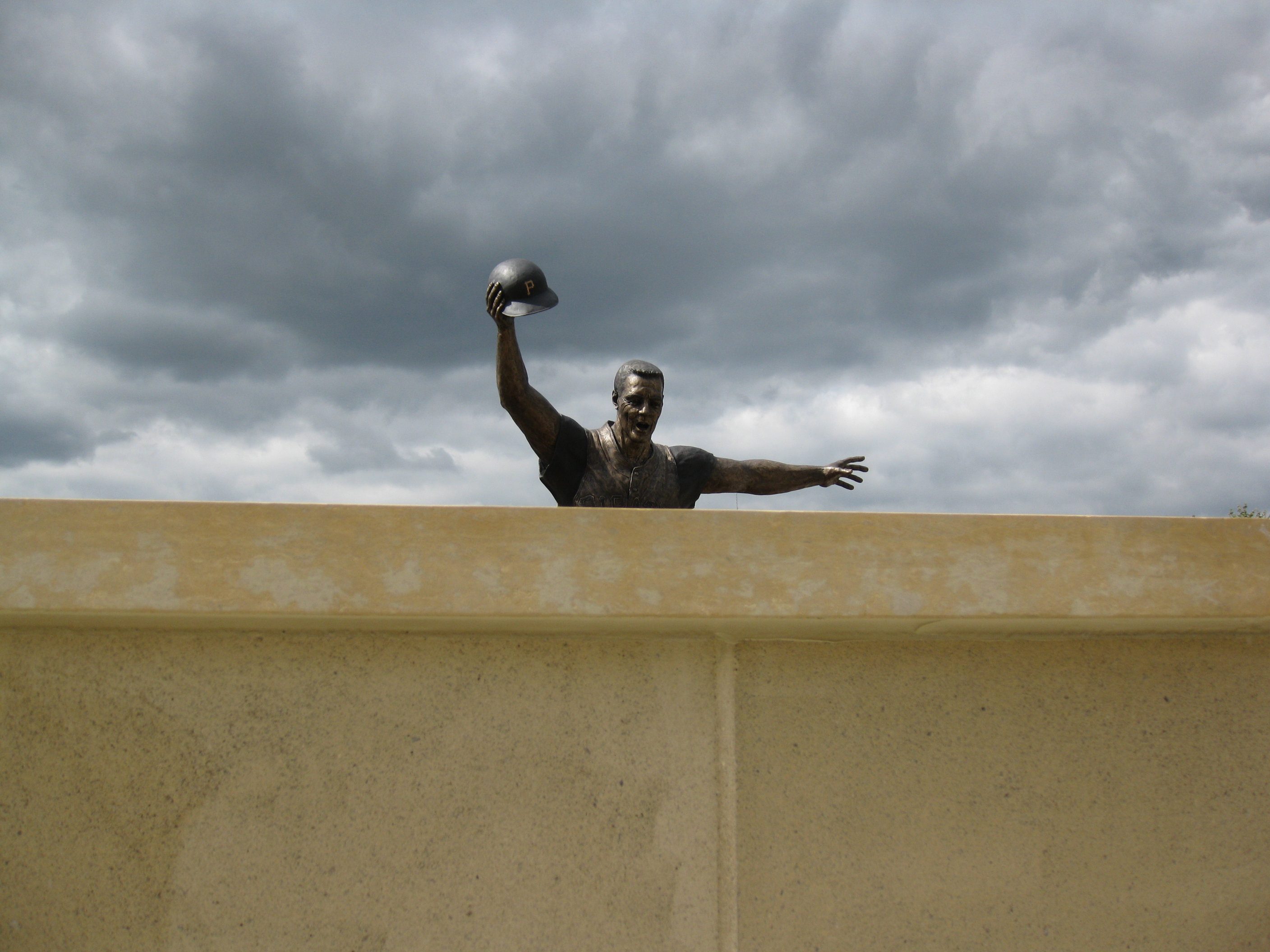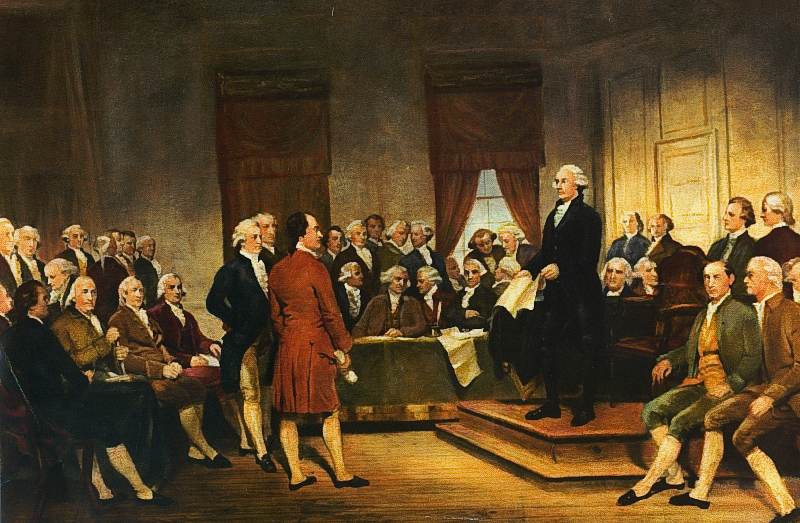Go West, Young Man

An Italian reflects on the great State of Texas.
Texas remains in the news—and for good reason. Recent efforts by state officials to protect its borders and deal with seemingly endless waves of illegal immigrants is an example of Texas’s bold vision to safeguard its sovereignty and its citizens.
But why would an Italian be interested in what happens in Texas? Many Americans do not know the long history of Italians engaging with the dusty, film-grained mystique of Texas, far across the Atlantic Ocean.
Given the increase of extreme progressive politics in the U.S., with growing self-hatred and a rejection of classic American culture, the collective imagination of the Italian population, however childlike it may at first glance appear, offers a fresh perspective. Our appreciation of Texas is real, and some rose-colored nostalgia from outside could be a powerful force for its ultimate preservation—not for Texas alone but for the ideals of America and its influence on the world.
Primarily through pop culture, Texas has long been a fixture in many Italian minds. An Italian born after World War II came to know the state through the famous comic strip TEX by Gianluigi Bonelli, which is largely unknown in the U.S. Italians enjoyed watching American Westerns, with their idealized, mythic depictions of clashes between cowboys and American Indians. These films kindled a passionate engagement with the state for generations.
Especially unforgettable to Italians are John Wayne’s great films—A Dollar of Honor, Rio Bravo, and El Dorado, among others—many of which also featured the excellent Dean Martin, himself the son of an Italian immigrant to the U.S. Many especially remember The Magnificent Seven, with Russian actor Julij Borisovic Briner, or Yul Brynner, as well as Steve McQueen, Charles Bronson, and James Coburn, to name only a few of the great hyper-macho actors who are fixed in our imagination.
With the arrival of television in Italian homes, certain American shows made their way into the affections of many hearts. Dallas, with its narration of the dramatic events surrounding the rich, Texas-based Ewing family, powerfully captured the attention of Italians from 1978 through 1991, gluing them to their TVs.
The Italian imagination about Texas is thus tinged with sometimes childish or romantic stereotypes, but the state has held prolonged attention, curiosity, and even dedication in our minds and hearts.
In response to this dedication and curiosity for Texas—which we still view as the “Far West”—Italian film companies began to produce their own films depicting the state. The famous “Spaghetti Westerns” of director Sergio Leone, starring Clint Eastwood as the classic anti-hero “Man with No Name,” marked the apogee of Italian fascination with the American West, and Texas in particular. Bud Spencer and Terence Hill, both Italian-born despite their stage names, starred in a string of Italian-made Westerns that also received international attention. The Spaghetti Western became a mirror for the American imagination, and the cross-pollination informed filmmaking on both continents.
The primary association of Texas in the Italian mind is freedom, born of the image of the cowboy dominating the vast empty space of the American West. The state is the emblem of freedom, and in this way Texas represents the whole of America. The Italian knows that Texans value their freedom and independence, and that no one can tell a true Texan to give up his rights.
The shutdowns in the midst of the Covid pandemic underscored the Texan commitment to liberty. While Italians were participating, unconsciously, in a great social experiment which saw them locked up at home for almost two-and-a-half years, in much of Texas life passed almost normally.
The governor of Texas decided not to apply violent, restrictive measures, knowing that Texans would never accept such hardships against their right to freedom and such a strong intrusion into their private lives. While Italians were allowed to leave their homes only for a few hours each day to go to the supermarket or hospital, using two masks even when being completely alone and in the open air, in Texas the use of masks was generally optional in most places—as was getting vaccinated. In Italy everything was done to induce people to get the jab. In this period of madness many people lost their jobs and their economic stability.
Emphasized in the sensible Texan approach in that time of normalized insanity was the state’s emphasis on hard work and economic stability—embodied for us in the cinematic vision of the weary but satisfied cowboy coming home after a long day in the sun with just his rifle, pony, and dust-covered face.
To any outside observer, this work ethic is descriptive of America generally but particularly applies to Texas. Even in Italy, and especially the southern part of the country where tourism dominates the economy, the immense importance of Texas’s oil industry, with its many fracking sites stretching across its prairies, is widely known. “They have the oil” is the traditional reference to Texan wealth, with the state having held the top place in U.S. oil production for many decades. But other industries are now also exploding, due to both Texas’s abundant natural resources and persistent work culture, as well as the influx of people into the state in response to hard line pandemic and other social control measures taken in deep blue states like California.
As money from the sale of oil continues and cattle breeding thrives on farms that have been held by the same families for generations, the real estate and banking sectors are expanding due to population influxes from those seeking more dependable jobs, a reasonable cost of living, expansive resources, and lower taxes. Much of this influx is made up of well-educated people and top American companies, including in the technology, health, and renewable energy fields, such as Google and NASA, Silicon Valley-type startups, and Tesla. Individuals and companies are moving to where excellence and hard work will be rewarded rather than penalized.
Texas is also expanding its offerings in education, giving promising students little motivation to leave the state. Investment, too, has begun predictably to gain steam. This against-stream success is not surprising for the Italian looking on, but the logical and expected outcome. Although many Americans may have lost sight of John Wayne, the cowboy grit of an older era continues to permeate the Texan way of life to its obvious benefit. Even while Texans were suffering from the extreme winter storm that shut down the state’s power grid in 2021, Italians were shocked and fascinated to learn that the state has a wholly independent electric grid that’s separate from the rest of the country. That event epitomized the conception that the Texan has of himself and his state as distinct (and likely also superior) to the rest of the country, which is reflected even at the level of infrastructure.
Texans celebrate who they are—and there is much to be proud of. Much is self-consciously “greater” in Texas, from cars to extravagant houses to its streets and monuments. It’s funny but compelling to the Italian that there is a phenomenon of many things shaped as Texas, too—from breakfast waffles to tattoos. This unabashed pride is born of its size, success, natural beauty, many years of prosperity and wealth, and status as a conservative stronghold.
If we compare the freedom that people have in Italy to the freedom people have in Texas, differences quickly emerge. In Italy, freedom is guaranteed by the Italian Constitution to every citizen in thought, opinion, speech, and action. However, the laws of the Italian state limit a person’s freedom in ways that are far more restrictive than does Texas. For example, freedom of opinion is constitutionally guaranteed, but Italian law does not allow discrimination based on sex, race, ethnicity, or sexual orientation. Freedom of thought is then guaranteed only to a minority of the population, such as illegal immigrants or the LGBT community, while anyone who speaks out publicly against these movements is immediately subjected to media pillorying.
In recent months, liberals have launched regular attacks against the Major General of the Italian Army, Roberto Vannacci. He published a book at his own expense in which he noted that the Italian LGBT population, which is at most two percent of Italy’s total population, has magnified media power and political weight. For this, the Italian Minister of Defense suspended Vannacci, violating his freedom of thought.
Another example of this phenomena is what happened to Alessandro Orsini, professor of sociology at the LUISS University of Rome and a regular political commentator on television. After Russia’s attack on Ukraine, Professor Orsini was constantly attacked on all fronts simply for saying that NATO had provoked Russia. He was even initially removed from television broadcasts and from his own university, under pressure from the liberals who did not like his presence on TV (he was later reinstated). But according to the Italian Constitution, everyone has the right to express their thoughts, even on television.
Would all this be possible in Texas? Perhaps. TV commentators in Texas can say that NATO provoked Russia or that they are against the LGBT community’s heavy political influence, though even there the threat of cancellation still looms. Yet, there are clearly more protections for speech in Texas than most other places, Italy included.
Many Texans still rightly emphasize their independence from the federal, centralized government and its agencies, seeing themselves in relation to America as a whole but maintaining a state pride and ownership that is distinct and rare.
The cowboy, as we know, is a fighter and defender, but also a lover of his own and those who share his vision for a free and full life. From the nostalgia of an often forgotten past captured in film, to its robust and growing economy in a time of world recession, to the still pulsing memory of its recent world-rare victories in the face of tyranny, an Italian knows well, cherishes, and will continue to find hope in the phrase: “Don’t mess with Texas.”
The American Mind presents a range of perspectives. Views are writers’ own and do not necessarily represent those of The Claremont Institute.
The American Mind is a publication of the Claremont Institute, a non-profit 501(c)(3) organization, dedicated to restoring the principles of the American Founding to their rightful, preeminent authority in our national life. Interested in supporting our work? Gifts to the Claremont Institute are tax-deductible.
Root, root, root for the electors. If they don't win it's a shame.
Part I: Unfettered reason cannot conserve anything.






